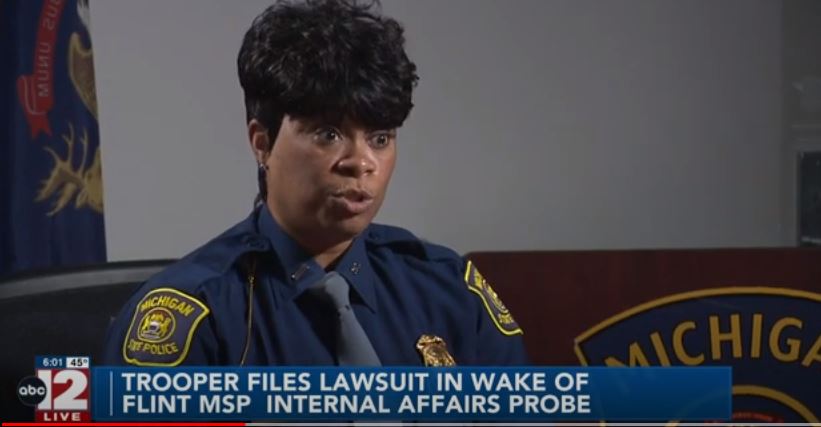Better Made vs. Cannabis Companies: A Michigan Trademark DisputeSummary Better Made, is embroiled in a legal battle with over a dozen cannabis businesses in the state. The lawsuit, filed in March 2024, centers on allegations of trademark infringement. Better Made...

Whitmer Signs Bills for Health Services and Criminal Justice
LANSING, Mich. – Today, Governor Gretchen Whitmer signed legislation that aims to establish a licensure framework for dietitian nutritionists. The governor also signed legislation that delivers ongoing funding for trial courts across the state, reducing costs for local municipalities.
“Today’s commonsense, bipartisan bills will improve health care licensing for dietitian nutritionists and protect critical funding for trial courts,” said Governor Whitmer. “Together, we will continue delivering on the issues that make a real difference in people’s lives, from health care to public safety. Let’s keep working together to build a brighter, safer future for Michigan.”
House Bill 4608, sponsored by state Representative Laurie Pohutsky, establishes licensing requirements and standards for dietitians and nutritionists. By doing so, the bill seeks to ensure that individuals who provide dietary advice and guidance meet certain qualifications and adhere to professional standards.
“I sponsored House Bill 4608 to protect Michiganders and help make sure crucial healthcare is accessible and affordable,” said Speaker Pro Tem Laurie Pohutsky (D-Livonia). “Now, when individuals are looking to receive a dietician’s opinion, individuals can easily identify qualified and trustworthy providers — that is very important when it comes to health and wellness. Licensure will also help ensure medical nutrition therapy is covered by insurance, making it much more accessible for countless Michiganders. It is a win to have the governor sign this into law today.”
Justice for All…
House Bill 5392, sponsored by state Representative Sarah Lightner, provides essential funding to ensure trial courts have the necessary resources to operate effectively. By supporting our courts, Michigan becomes a safer place for all its residents.
“This bill is a step forward toward our shared goal of courts that are funded fairly all across Michigan while maintaining the independence of the judicial branch,” said State Court Administrator Tom Boyd. “We look forward to providing the Governor and Legislature with the data, information, and recommendations they need to take the next steps in this process as we work together to develop and implement a long-term funding plan that delivers justice for all.”
“We appreciate the legislature acting in a bipartisan fashion to extend the expiring sunset,” said Dan Gilmartin, Executive Director and CEO of the Michigan Municipal League. “With Governor Whitmer taking swift action to sign this legislation, we ensure the seamless functioning of the district and municipal courts supported by cities across the state.”






















